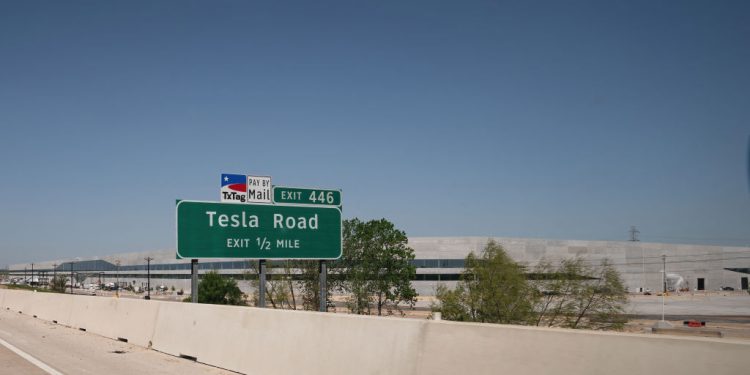America’s infrastructure is a topic that might receive less attention, but affects every person living in the United States. The freeways and highways play an integral role in people’s daily lives from commuting to work, to weekend getaways. Transportation initiatives are becoming a topic of interest for concerned citizens who are voicing their concern and joining in the legislative decision making process.
Texas alone has multiple, new local, regional or statewide initiatives and policies intended to improve the state’s overall transportation system.This month, the public has the opportunity to weigh in on whether TxDOT will continue to oversee its own compliance with the National Environmental Policy Act, which requires the state to document the impacts road projects have on the environment and community. On Nov. 7 the agency asked the Federal Highway Administration to extend its special oversight designation, which expires in December.
Environmental compliance is one of many issues impacting legislation within the Texas transportation sector. A grassroots organization called Texans Uniting for Reform and Freedom (TURF), is highlighting a need for greater public participation and awareness regarding transportation legislation and advocacy to protect taxpayer interests.
Proposed Trans-Texas Corridor
TURF was formed in response to Texas transportation legislation and issues that impact people living in the state. Their speakers first began to address transportation issues in Texas, particularly the controversial toll road initiatives proposed by then-Governor Rick Perry. Perry’s ambitious plan for the Trans-Texas Corridor.The project faced significant backlash and ultimately failed to materialize.
The Trans-Texas Corridor was a proposed network of toll roads and utility infrastructure intended to alleviate traffic congestion and spur economic growth in Texas. However, the plan drew criticism from various groups, including farmers, ranchers, and property rights advocates, who were concerned about the potential loss of land through eminent domain, tolling for private profit, and the privatization of public infrastructure.
“Our organization originally started in Texas transportation issues because at the time our governor was Rick Perry and he was very big on building a series of toll roads across the state,” said Terri Hall, Founder of Texans Uniting for Reform and Freedom. “I think the part that got Texans stirred up about this was one, we felt like this was another new unbridled tax on driving. We felt like we already pay taxes on driving and now we’ll have to pay more. That was one aspect, but the thing that really got under Texans’ skin was that the toll roads were going to be handed over to private, foreign toll operations to run and operate for up to 50 years at a time. So it’s a multi-generational shift of handing over our infrastructure to private entities that we can’t control as taxpayers.”
Since 2005, TURF has continued to raise awareness about the implications of handing over infrastructure to private entities. The organization joins legislative sessions, advocating against the privatization of public infrastructure and other types of transportation initiatives.

Advocacy for Infrastructure Control
The proposed Trans-Texas corridor highlighted concerns over the privatization of public infrastructure, where toll roads would be managed by foreign corporations.The private monopoly of public toll roads raised fears of private land acquisition and uncontrolled toll increases.
Texas has five private toll roads, including three in North Texas that are majority-owned by a European conglomerate, Cintra Concesiones de Infraestructuras de Transporte S.A.123. Recently, the Texas Department of Transportation spent $1.7 billion to buy back ownership of a portion of State Highway 288 and terminate the only public-private toll road partnership in the state,
In 2016, TxDOT signed a contract with a private company to build and maintain the $4 billion tollway for approximately 50 years. Almost a decade into the agreement, TxDOT and the Texas Transportation Commission decided to seek control over the Texas 288 Toll Lanes and opted to pay the private company overseeing the lanes $1.7 billion to buy-out the road.
According to Hall, TURF’s mission is to make the public more aware of important legislative items that affect their rights.
“We encourage more public engagement and input, which comes through education and greater dissemination of information on issues including toll rates, privatization impacts and other types of transportation legislation that affects all citizens,” said Hall.





